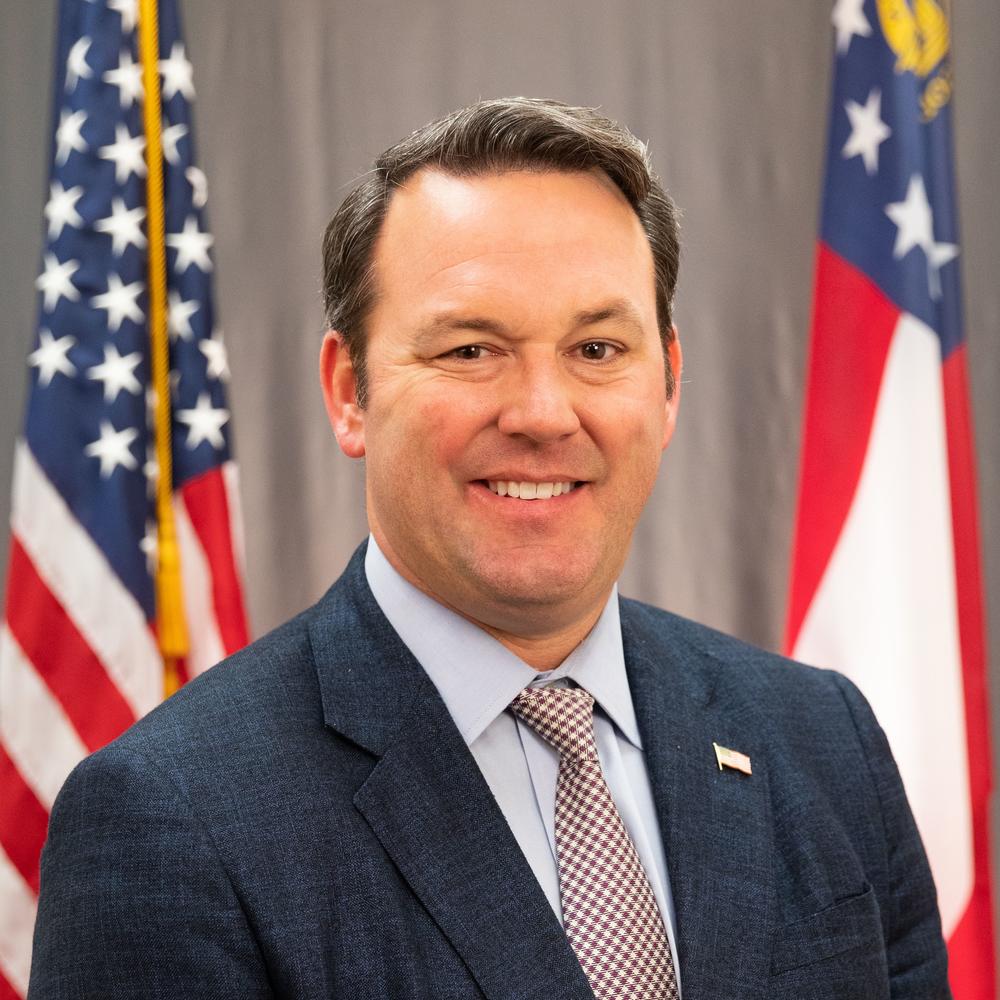City’s Homelessness Fuels Safety Concerns
CHATTANOOGA, Tenn. (WDEF) – While serious crime in Chattanooga has declined, many residents still feel unsafe, a perception tied not just to crime, but to the city’s growing homelessness crisis and lack of affordable housing.
A Manhattan Institute report explores why public sentiment doesn’t match reality and what steps can be taken to address both safety concerns and housing insecurity.
Crime rates spiked during the pandemic but have since returned to pre-2020 levels.
However, persistent housing instability, visible encampments, and petty crime remain elevated, fueling concerns about public safety.
Staffing shortages in the Chattanooga Police Department have made it difficult to address nonviolent offenses, leaving many areas struggling with the effects of homelessness without sustainable long-term solutions.
At the same time, Chattanooga’s population has steadily grown, about one percent per year since 2020, intensifying the demand for affordable housing.
To address these challenges, experts recommend increasing investment in permanent supportive housing, expanding shelter services, and implementing rental assistance programs to prevent homelessness before it starts.
The report also emphasizes the need for quality-of-life improvements, including better homeless outreach, investment in mental health services, and an evaluation of the city’s 423 Chainbreakers violence intervention program.
City leaders are urged to prioritize housing-first initiatives and work with community organizations to provide stable, long-term housing options.
With public safety and housing insecurity closely linked, Chattanooga faces the challenge of balancing enforcement with compassionate, lasting solutions.




